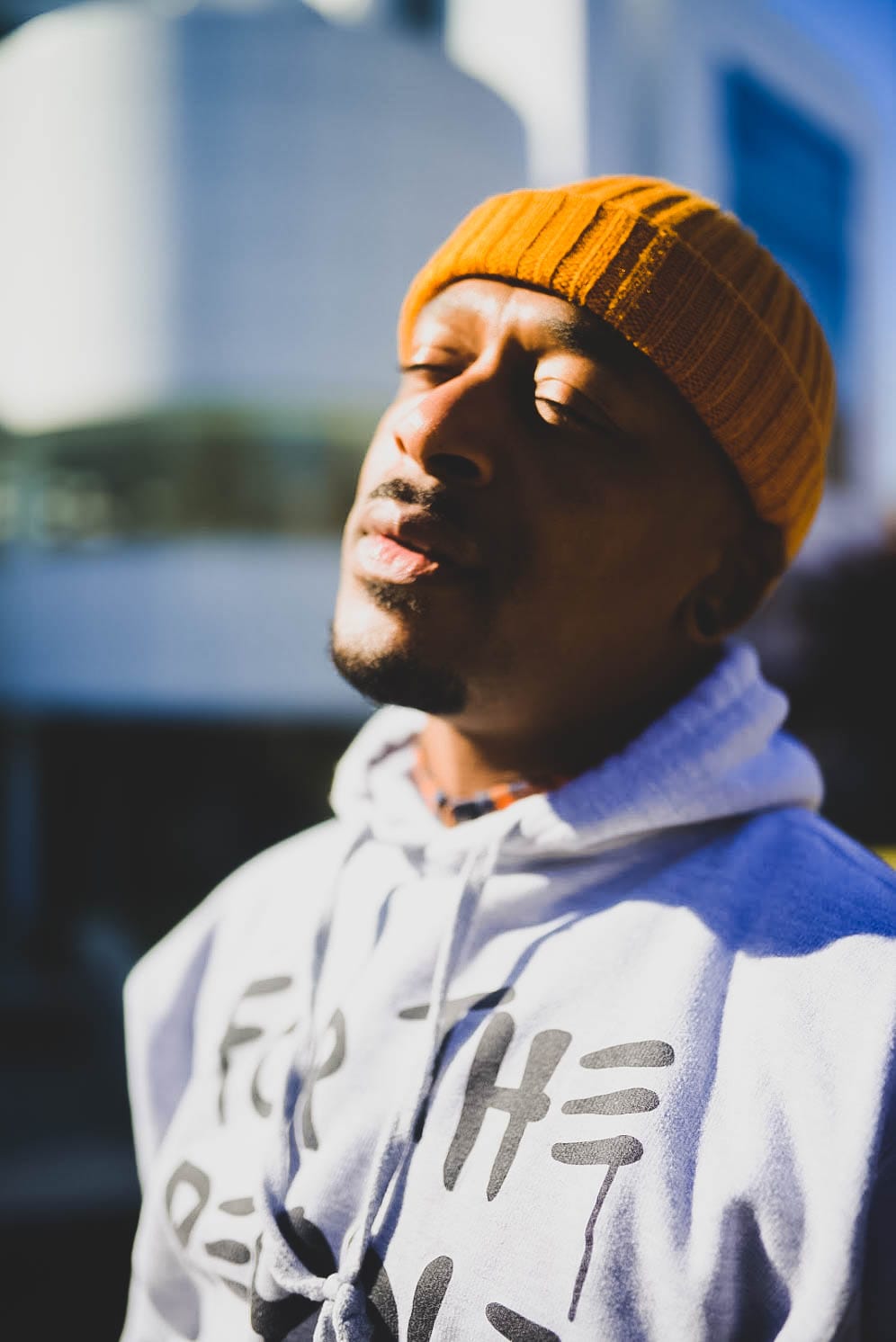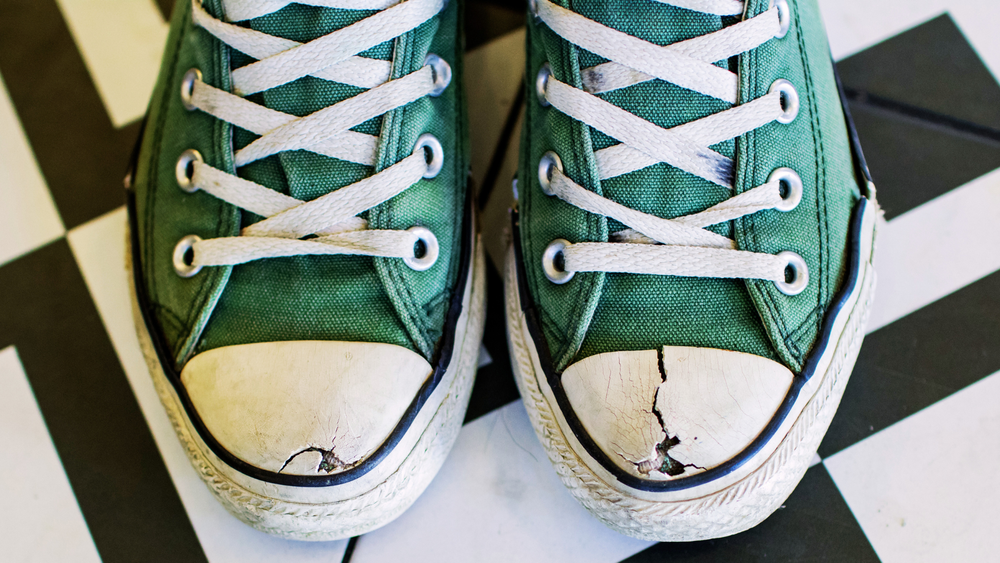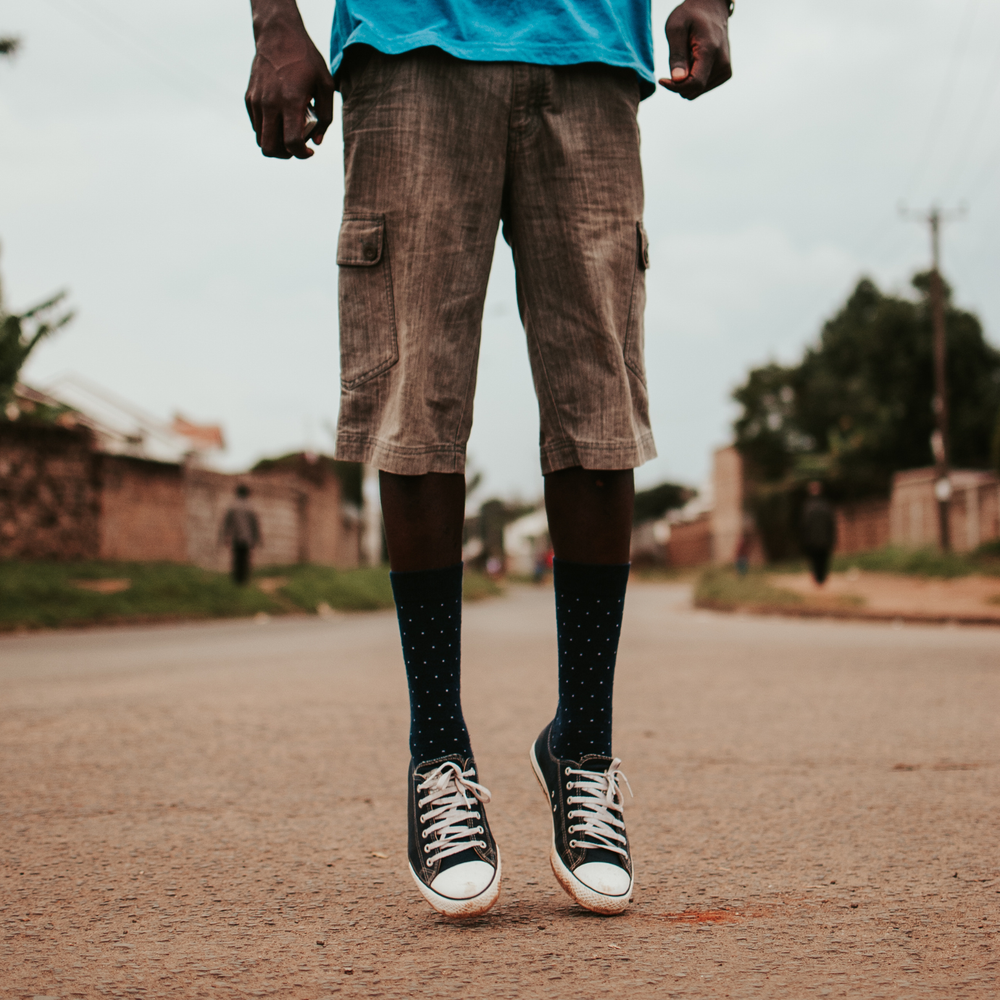I didn’t mean to become a death doula. That’s the truth. There wasn’t a ceremony, a robe, or a whisper that said, You’ve been chosen. Instead, there were moments. Sitting with my cousin Delancey in the early ’90s as AIDS hollowed him out, when the world turned its back and I couldn’t. Sitting with my grandfather, holding space while he poured out stories he knew might die with him. Whispering to my grandmother that it was okay to let go when I saw she was hanging on for us more than for herself. At thirteen, leading grief circles at school because our classmates were dying, and the adults didn’t want to talk about it. And later, countless times, sitting with strangers whose families never showed—becoming their last witness, their final congregation.
That was the beginning.
Now that I carry the title of death doula, I move with full intention, but the work itself hasn’t changed—it’s still presence, listening, and love. I still sit at bedsides and offer my hands when words fall short. I still gather stories, whether whispered from an elder’s fading voice or spoken through the silence of someone who can no longer speak. I still give people permission to rest when their bodies are weary but their hearts are holding on. I still create spaces—grief circles, conversations, rituals—where our pain and our love can breathe together. The difference now is that I walk into these moments knowing exactly what I am there to do, naming the work for what it has always been.
When people ask why I became a death doula, I tell them it’s because I don’t believe we should keep carrying this loneliness into the grave. Black folks, especially, deserve more than to have our last breath swallowed in a sterile room with no one to call our name. We spend our whole lives surviving systems not built for us, and too often, those same systems snatch away our dignity at the end.
The statistics are not gentle. Black Americans are less likely to have access to hospice and palliative care. We are more likely to die in hospitals, hooked up to machines, our bodies treated like experiments rather than sacred ground. We are less likely to have advance care planning, not because we don’t care, but because conversations about death in our families often get shut down by a mix of faith, fear, and survival fatigue. And when we do want care, we’re often met with providers who don’t look like us, don’t understand us, and don’t take the time to listen.
The structural issues are plain. Racism in healthcare that makes doctors less likely to prescribe pain medication for Black patients, leaving too many to die in agony. Economic inequities that make it nearly impossible for working-class families to take time off to sit with loved ones in their final days. Cultural erasure that strips away our traditions of homegoing, prayer circles, song, and storytelling, replacing them with silence and fluorescent lights.
We deserve better. We deserve to leave this world surrounded by the same love and care that sustained us in life. For Black folks, that love has always come from community—the neighbors who dropped off casseroles when money was tight, the church mothers who prayed over us, the cousins who filled the house with laughter during holidays, the chosen family who showed up when blood relatives could not. That same community that carried us through births, heartbreaks, and survival in a country that often refused to see us whole must also be present at the end.
Dying should not strip us of the circles that raised us, or the rituals that made us feel human in the first place. The presence of community at the bedside reminds us that we are not disposable, that our lives mattered, and that even in the quiet of our last breaths, we are still held.
To die without that love is to be robbed twice. First by a system that denies us care, and then by the absence of the people who made us who we are.
I think often about my grandmother. She was a sharp-tongued woman with a soft spot for brown beans and soap operas. When she died, it wasn’t in the peaceful, at-home way we like to picture. It was in a place where nurses often seem more afraid of black bodies than invested in comfort. I remember watching her chest rise and fall, thinking: Is this it? This is how we let her go?
Her death broke something in me, but it also lit a fire. It showed me that end-of-life care wasn’t just about pain management or medical charts. It was about presence. About making sure no one felt disposable.
That lesson has followed me into every room I enter as a death doula. Sometimes the family is there, crowded and humming with grief. Sometimes it’s just me and the person, and I become both the choir and the congregation. I’ve sung melodic singer-songwriter melodies under my breath. I’ve written down last words. I’ve massaged lotion into cracked hands and oil into dry scalps, knowing it might be the last act of tenderness they ever feel.
And every time, I think about how many of our people don’t get even this.
The barriers are bigger than one person can hold. They are baked into the design of a country that has never valued Black life, so why would it value Black death? Hospitals aren’t built for our rituals. Insurance doesn’t cover our needs. Wages don’t allow us the luxury of stepping away from work to sit with our dying loved ones.
Even within our own communities, we wrestle with silence. Death is a taboo, a thing to be prayed away. We don’t always want to talk about advance directives or wills because we think it invites death closer. But not talking about it doesn’t save us—it isolates us. It leaves our elders making hard choices alone. It leaves our bodies in the hands of strangers who don’t know our songs.
And so, too many of us die alone.
I became a death doula because I believe in repair. In saying: You will not leave this world unseen. My work is not just about holding hands in the last hour; it’s about pushing for systems that recognize our humanity.
We deserve accessible hospice and palliative care that meets us where we are, in our neighborhoods, not just in wealthy suburbs. We deserve culturally competent providers who understand that a dying room can be filled with music, prayer, laughter, and storytelling, and that this isn’t chaos, it’s care. We deserve policies that support caregivers, so no one has to choose between a paycheck and sitting with their mother in her final days. We deserve a return to our traditions, where community gathers to honor the transition, where food is cooked, songs are sung, and no one is left behind.
I called my book Never Can Say Goodbye because that’s what this work feels like: an ongoing conversation with the dead and the dying, a refusal to let their lives vanish quietly. Each person I’ve sat with carries me forward, reminding me that death is not just an ending, it’s a mirror. It asks us:
Who are we to each other, really? How do we show up when it matters most?
Black folks deserve the kind of endings that reflect the fullness of our lives. Not rushed. Not ignored. Not alone. We deserve to be wrapped in care, to hear our names called, to know we mattered.
I became a death doula because I refuse to let loneliness be the last chapter of our story.



